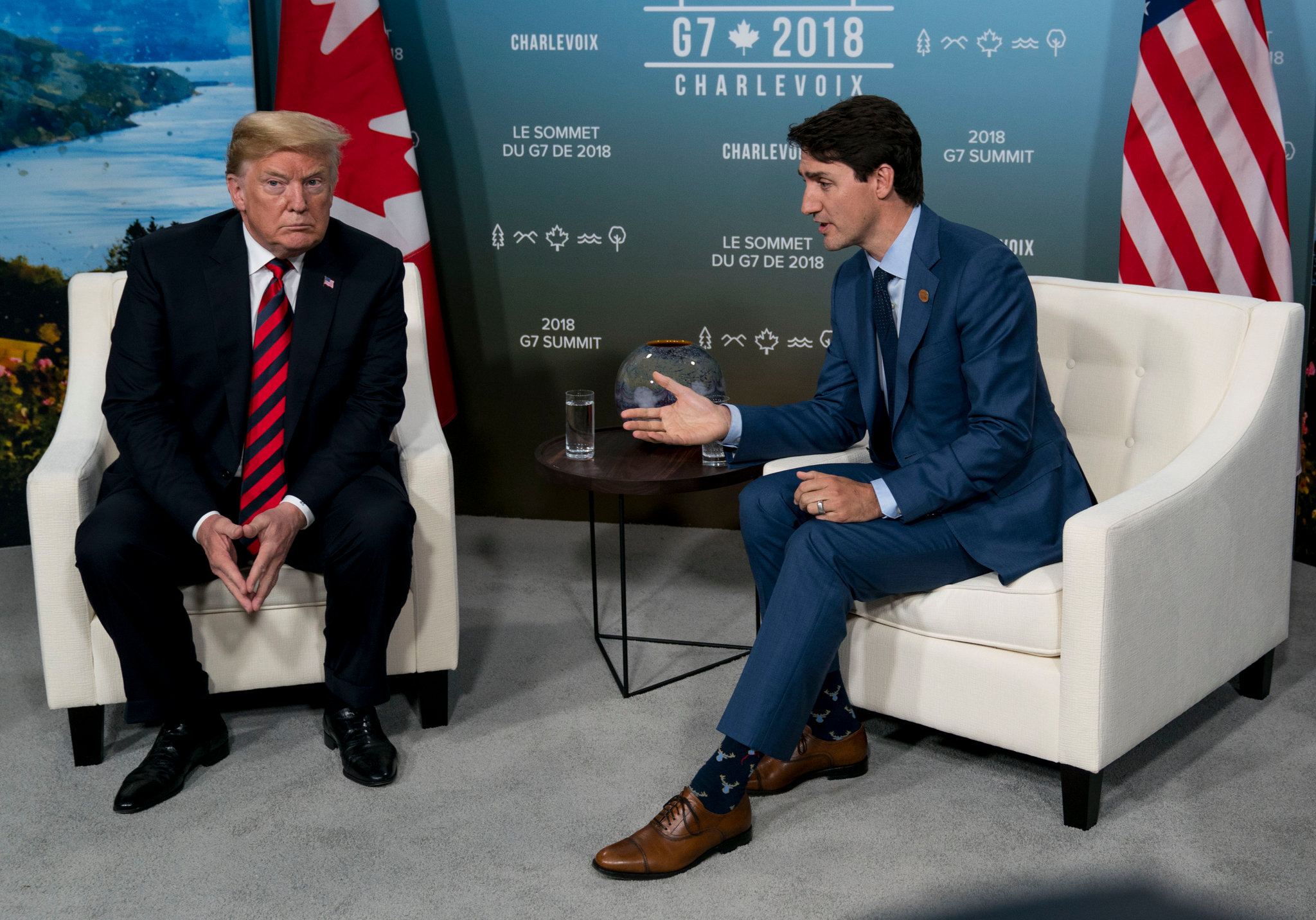U.S. President Donald Trump will join world leaders at the G7 Summit in Kananaskis, Alberta from June 15 to June 17, marking his first appearance at the gathering since 2019 under a cloud of controversy over his repeated calls for Canada to become America’s 51st state. His attendance comes as tensions between the two neighbors have risen after the United States imposed steep tariffs on Canadian steel and aluminum in February and launched a series of public threats aimed at Canada’s sovereignty. The summit offers Prime Minister Mark Carney his first chance to host the G7, and he faces the dual task of steering discussions toward trade breakthroughs while defending Canada’s independence against economic pressure.
Trump’s remarks on Canadian annexation first gained wide attention this spring, when he suggested in interviews and on social media that the U.S. border with Canada was an “artificial line” and hinted that he might absorb Canada into the United States to settle trade disputes. Those comments drew swift pushback from officials on both sides of Canada’s political aisle. Foreign Minister Mélanie Joly told her counterparts in March that such threats were “not a joke” and stressed that “Canada’s sovereignty is not negotiable, period.” Opposition leaders and former prime ministers added to the chorus, warning that any hint of annexation would erode trust and undermine the summit’s spirit of cooperation.
Trade issues stand at the top of the summit agenda as both countries prepare draft agreements on tariffs, supply chains, and market access. Canada reacted to Trump’s 25 percent levy on imports of steel and aluminum by imposing retaliatory duties on American goods, and these tit‑for‑tat measures have weighed heavily on Canada’s industrial heartland. Manufacturing leaders report falling orders and rising costs, and the national unemployment rate recently climbed to around seven percent. University of Toronto professor John Kirton called the trade dispute “issue number one,” noting that it has taken the shine off what should be a celebratory milestone for the G7’s 50th anniversary.
To broaden the conversation beyond the core seven nations, Prime Minister Carney invited leaders from nine additional countries, including Australia, Brazil, India, and South Korea. He said Canada wants to explore new partnerships and boost cooperation on climate, technology, and global security at a time when U.S. ties feel strained. Carney pledged to keep dialogue open and respectful, and he urged delegates to focus on shared challenges like pandemic recovery, supply chain resilience, and the climate crisis. He reminded participants that Canada entered the G7 in 1976 to foster teamwork among democracies, and he said that spirit remains vital today.
Despite Carney’s efforts, many attendees worry that Trump’s unpredictable style could overshadow the summit. In 2018, Trump refused to sign the final communiqué and exchanged insults with then‑Prime Minister Justin Trudeau, prompting a breakdown in trust. Some diplomats have privately warned that the risk of public outbursts may force organizers to shift time away from big group sessions to smaller meetings or bilateral talks. Nonetheless, hosts say they feel prepared, with extra security measures and careful scheduling designed to limit flare‑ups while preserving the chance for meaningful dialogue.
As cameras roll on the mountain resort gatherings, much will depend on whether Trump calms his tone on Canada or presses the annexation theme for leverage in trade talks. A successful summit would see leaders agree on steps to lower barriers, support economic growth, and tackle global threats together. A standoff could deepen rifts within the G7 and set back efforts to present a united front on issues from Russia’s aggression to public health. For Carney, the test will be keeping the summit on track and showing that Canada can host a landmark event without ceding its seat at the table—or its place on the map.

